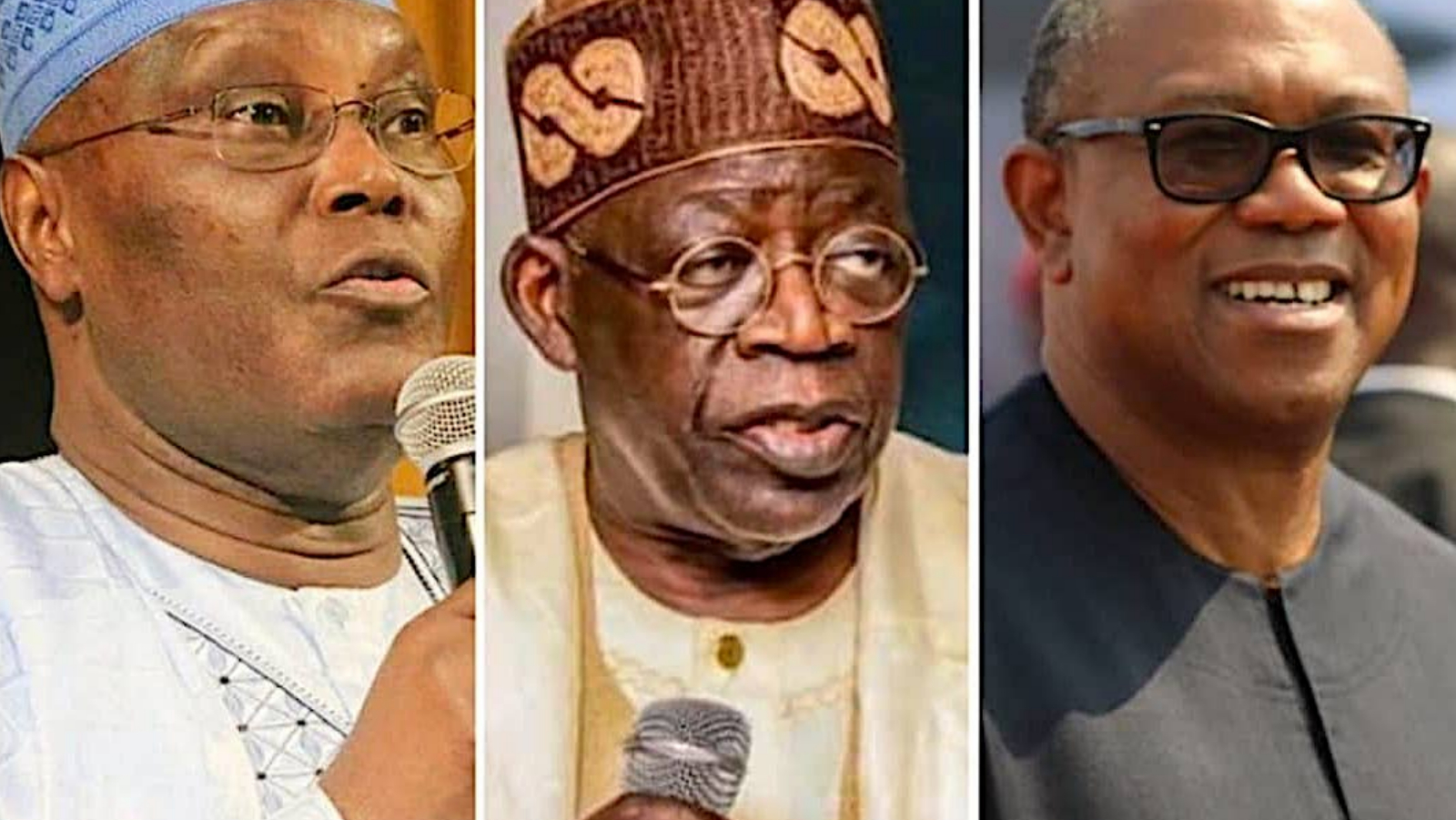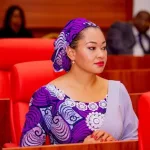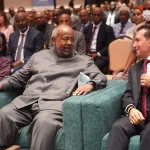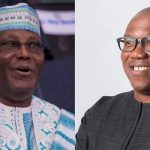Next year, Nigeria’s currency, the Naira, will record its highest devaluation in recent years, ushering the country into a single foreign exchange market after years of operating a multiple exchange rate regime.
Prime Business Africa drew this conclusion from the political tone echoing from the three leading presidential candidates – Peter Obi, Atiku Abubakar and Bola Tinubu – signaling the need for Nigerians to brace for a significant change in forex rate management that could further push cost of living.
Join our WhatsApp ChannelAlthough the level of devaluation would be dependent on which candidate finally gets elected to Aso Rock in February 2023, any degree of devaluation is expected to push exchange of the naira to dollar exchange rate above N500. And the reason is simple: The Godwin Emefiele-led Central Bank of Nigeria (CBN) runs at least two exchange rate regime – the official market of NAFEX, where dollar is currently N446.67/$1, and black market, where Bureau De Change operators offer N800/$1 rate.
This means the difference between the black market and official market is 79 per cent, or above N300, and with forex market sentiments favouring the former as the most realistic rate, the presidential candidates are expected to embrace the parallel market’s peg.
In a statement on Tuesday, where he reiterated his commitment to a single FX market, LP candidate, Peter Obi boldly, stated: “We will remove import and forex restrictions and insist on a single forex market.
“The current system penalizes exporters who bring in forex by forcing them to sell at a rate that they are unable to source for forex when they need to purchase forex.
“This multiple exchange rate regime encourages capital flight and deters investment, which has further worsened Nigeria’s forex situation,” the Labour Party candidate wrote on Twitter.
His plan, according to Economist, Kalu Aja, is commendable, and will go a long way in resolving the FX problem of Nigeria, “This is brilliant. You do this, the dollar crashes.
“This is how you kill the black market, you increase supply of (dollar) by eliminating subsidy and pegs on the (dollar),” he said.
But Obi is not the only candidate travelling this route. Atiku Abubakar of the People’s Democratic Party (PDP) also spoke against multiple exchange rate on several occasions, constantly telling those who care to listen that his presidency would see the end of multiple rate regime.
Although Asiwaju Bola Ahmed Tinubu of the ruling APC has not been so direct here, the candidate has admitted that the multiple rate regime has a negative impact on the economy.
“Further compounding our difficulty is the fact that we are tied to an ineffective regime of multiple, somewhat arbitrary, exchange rates,” he once said.
READ ALSO: 5 Quotes You Didn’t Know Were Tinubu’s
“This situation gives rise to financial dislocation, currency speculation and arbitrage. These practices divert much-needed funds away from productive endeavours that could employ hundreds of thousands of people and create products that improve average living conditions,” He stated in his manifesto released in October.
Regardless, whoever among the presidential candidates that decides to take this bold step that President Muhammadu Buhari had avoided for seven years will receive the backing of global institutions like the World Bank and the International Monetary Fund (IMF).
Both the World Bank and IMF have constantly spoken against a controlled official market rate, suggesting that Nigeria’s apex bank, the CBN, should allow market forces determine rates as done in the ‘black market.’
With all facts pointing to an imminent devaluation of the naira as exclusively reported by Prime Business Africa months earlier, a poll by Bloomberg also saw 11 out of 13 investors and analysts tilt towards candidates making the big decision.
Analyst at FrontierView, Daniel Sodimu, had stated that, “If a pro-business leader wins the election, then it is likely a devaluation would be sizable enough to make Nigeria’s economy smaller than South Africa’s, using the official rate to convert.”
Cost of living to rise on naira devaluation
READ ALSO: Dollar May Hit N1,000; Naira Devaluation Looms
Upon implementation of a single FX market, cost of living in Nigeria will be at the receiving end, as forex rate hitting above N500 will also drag up inflation.
By October 2022 numbers, inflation level is 21.09 per cent, according to the National Bureau of Statistics (NBS). This is in contrast to the 15.99 per cent rate of October last year.
This indicates that under President Buhari (2015-2022) during which the country runs multiple forex rate regimes, cost of living has increased by 134.3 percent.
Next year’s projected devaluation of the naira will further compound the poverty rate of the country – which records 133 million extreme poor in 2022 – on the back of FX-driven inflation.
Although the move of naira devaluation is meant to strengthen the Nigerian currency against the dollar, in the short-term of the implementation in 2023, prices of farm produce and non-farm produce will rise.
It will, however, eliminate the black market and compel persons and businesses previously approaching the parallel market to sell dollars to embrace the Bank as preferred channel of trade.
Therefore, the depleting foreign reserves, that has been losing USD to the black market in a multiple exchange rate format, will begin to rise in the absence of an alternative forex channel.
As a result, the demands for dollars to trade and pay for institution education will be met, encouraging banks to once again raise their international spends on naira Card, which is currently around $50 per month.
















Follow Us